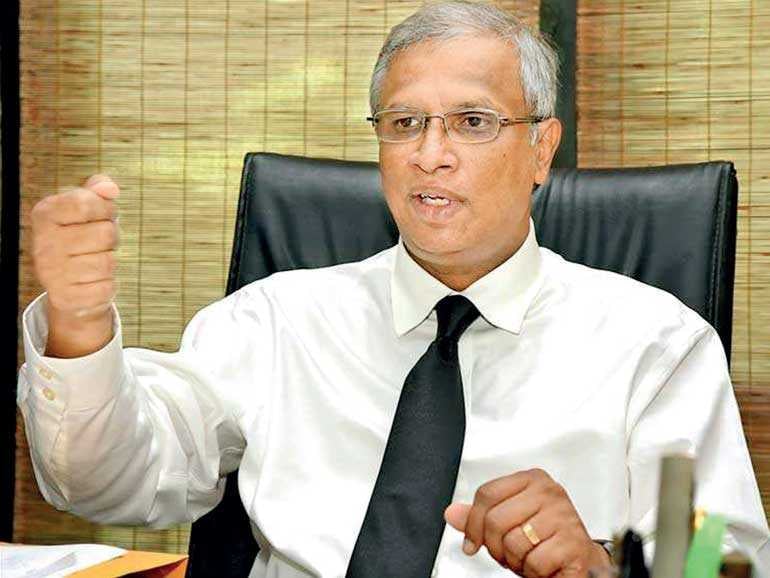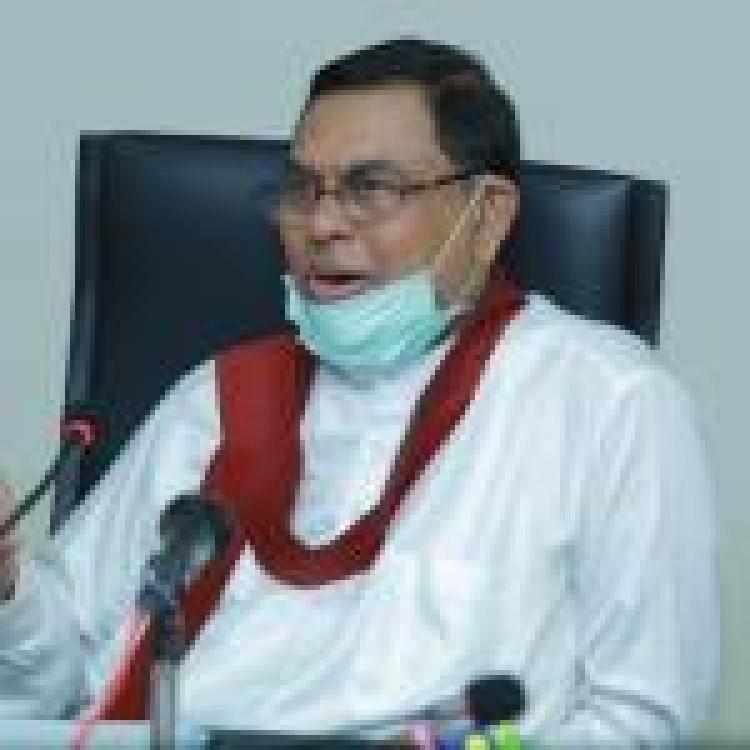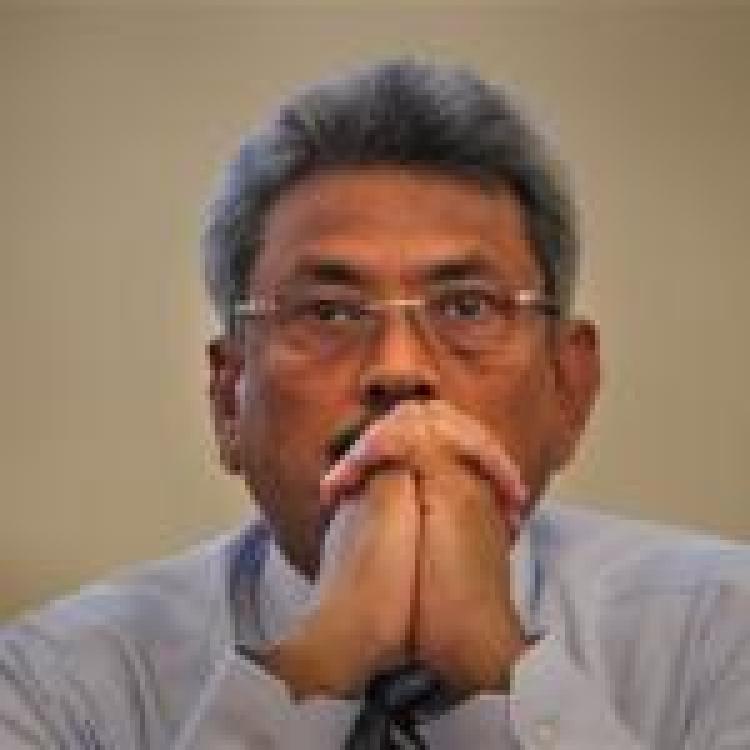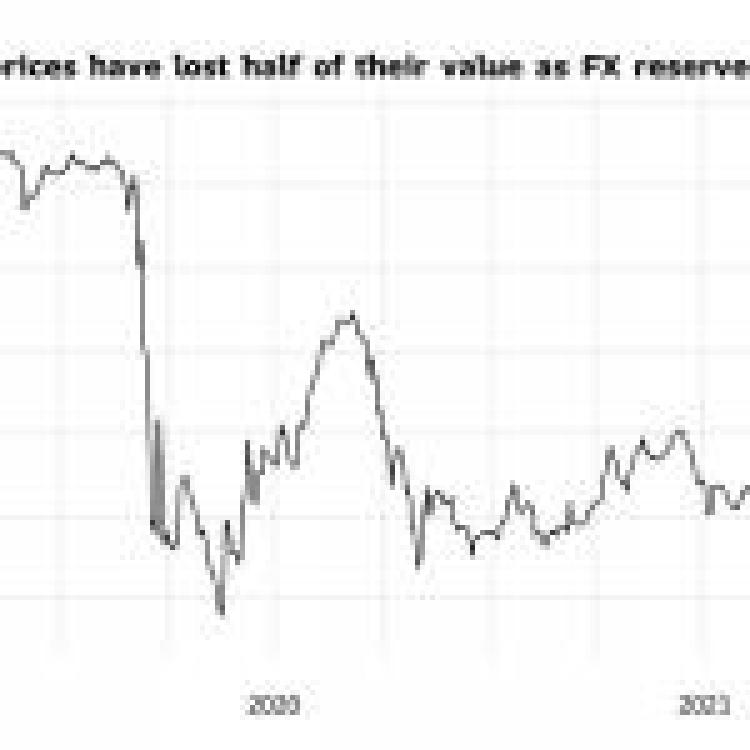
A group of Sri Lankan politicians met in Colombo last week and urged the government “to protect the poor” as the island went through what parliamentarian M A Sumanthiran termed a “historically unprecedented” economic crisis.
In a statement released after the meeting, the Tamil National Alliance lawmaker said a group of “leaders from over half a dozen key political parties” met in Colombo last week to “brainstorm ways to tide over this crisis”.
He went on to note that Sri Lanka has been “locked out of borrowing” from international markets, foreign reserves had dropped to the lowest on record since independence, the ratio of interest on debt to government revenue was amongst the highest in the world and the ratio of public debt to Sri Lanka’s domestic production (GDP) is the highest on record, at 120%.
“Each of these situations by themselves would spell a serious economic challenge,” he continued. “Occurring simultaneously, they threaten our future in both the short term and long term.”
Sumanthiran went on to state that the meeting agreed Colombo should “postpone repaying its debt as a first step” in order to “protect the poor from the adverse impact of this economic crisis”.
See the full text of his letter here.
Last week, Sri Lanka’s finance minister Basil Rajapaksa said Colombo was “trying all our options” to avoid defaulting on looming payments, as an economic crisis worsens on the island.
Speaking to the Financial Times, Rajapaksa said the government was “negotiating with everybody”.
“Sri Lanka finds itself looking down the barrel of a gun,” wrote The Economist, as it highlighted the economic crisis on the island and the government’s opposition to intervention from the International Monetary Fund (IMF).
As the prices of foods and other basic goods rise, consumers in Sri Lanka are being forced to eat less, with warnings from nutrition specialists of malnutrition striking the island soon.






